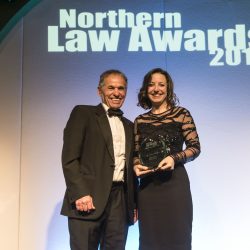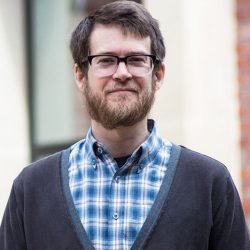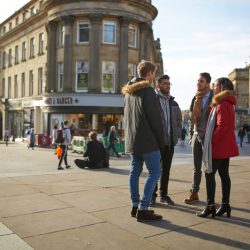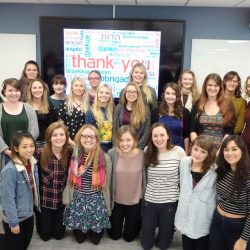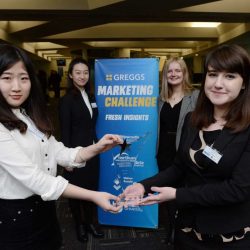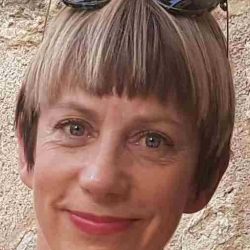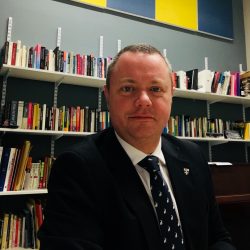Increasing student engagement with complex material during lectures
Dr Helene Tyrrell, Northern Law Awards Law Teacher of the Year, focused on engaging students with working cases during lectures. This has resulted in lots of positive feedback and student marks have also increased.

